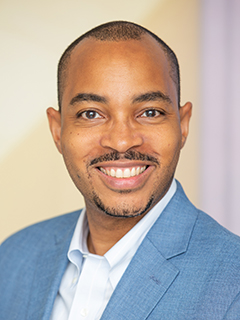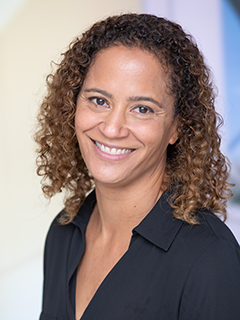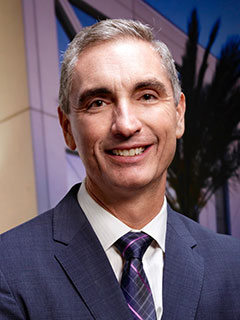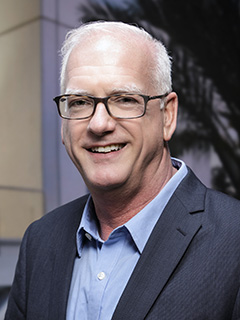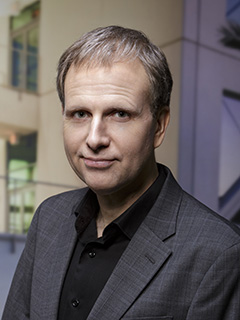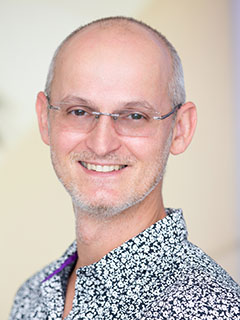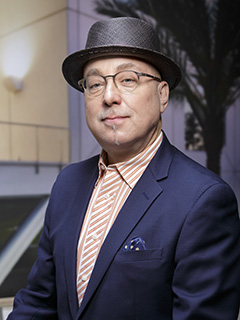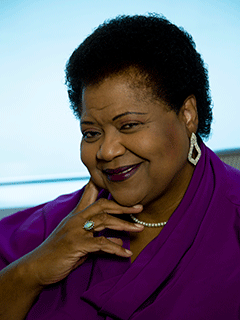The SCED examines guidelines and procedures concerning school culture, equity, and diversity of the Frost School and make recommendations to the Frost School Council. The Frost School Council shares these recommendations with the Dean. These issues include the following: a) a culture of shared governance between Frost School Council and the Frost Administration, b) open, safe, and transparent communication among students, faculty, administration, and professional staff, c) priorities and goals concerning gender, gender identity, sexual orientation, religious affiliation, race, and disability among students, faculty, administration, and professional staff, d) training programs in school culture, equity, and diversity for administration, faculty, and staff, e) a positive working environment, including examination of salary gender equity, and musicians’ health initiatives, and f) opportunities for interdisciplinary cooperation among programs.



